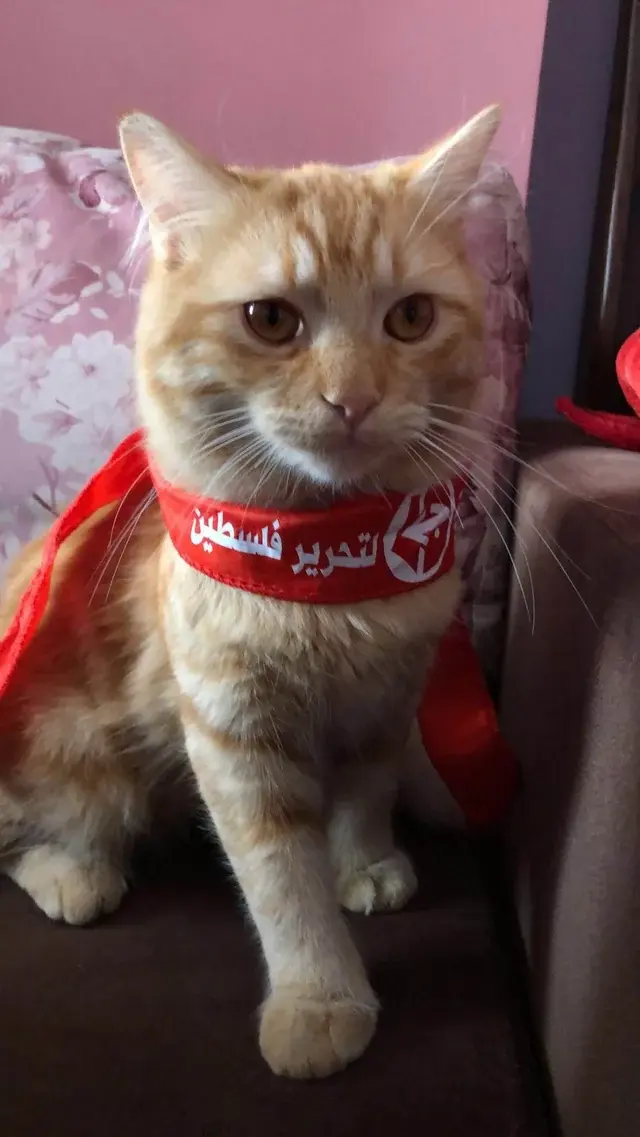Many overenthusiastic tankies claim that LGBT people are accepted in the DPRK, while your average lib will tell you that Kim Jong-Un will shoot you out of a cannon if you hold hands with the same gender. The reality is neither of these.
First of all, homosexuality is socially looked down upon by the DPRK. A simple search on KCNA will show homophobic comments about Michael Kirby. However, any such article from KCNA should be taken with a grain of salt since it has crazy articles once in a while that don’t accurately depict the official position of the state. Rodong Sinmun is party-run while KCNA is more independent as a state-managed enterprise, so it’s a better way to judge the government’s position on a topic. Rodong Sinmun seems to be absent from any articles discussing this. However, this analysis from Kim Il-Sung university shows that being homosexual is frowned upon in academia; given the importance that social science academia plays in the governance of the DPRK we can understand this is likely reflected some degree in the policies of the government.
Another claim I hear is that while homosexuality is frowned upon in the DPRK, it is not legally punished. Indeed, the DPRK criminal code does not explicitly mention any punishment for homosexuality at all. However, the criminal code does have this rather vague article:
Article 194 (Conduct of Decadent Acts)
A person who watches or listens to music, dance, drawings, photos, books, video recordings or electronic media that reflects decadent, carnal or foul contents or who performs such acts himself or herself shall be punished by short-term labour for less than two years. In cases where the person commits a grave offence, he or she shall be punished by reform through labour for less than five years.
If being gay is considered a decadent act by the government, which it likely is, it is possible that one could face 2-5 years of jail time for this.
I am a big fan of the DPRK and consider it the best example and execution of socialism on Earth. But critical support is still critical, and we must be knowledgable about the DPRK’s shortcomings.


I’ve said it before and i’ll say it again, westerners just don’t do well with the existence of contradictions. We tend to have a hard time understanding that things can be both good and bad at the same time. For many of us, even for well-meaning leftists, it has to be either one or the other. If something has even one bad aspect to it then it cannot possibly be good, or conversely if something is good it cannot possibly have bad sides to it. There is a kind of infantile, Marvel comic book way of thinking that has infected far too much of western society.
Perhaps it is because of the dualistic, (good vs evil) nature of western religions as opposed to eastern philosophies which more often consider two opposing aspects to be able to coexist in the same thing (Yin-Yang)…anyway, i don’t want to get distracted with metaphysics here. Point is we need to learn that it is possible to admire the many good aspects of a society like the DPRK while rejecting the problematic ones. The same goes for having critical support of other, even more problematic countries but which nonetheless fulfil an important anti-imperialist function and which do not deserve to be the target of western orchestrated hybrid warfare, coercive economic measures or color revolutions. Purity fetishes will get us nowhere.
We have to accept that not all contradictions of a society can or will be resolved immediately, especially when that society is facing existential external threats and is still struggling materially. Yes there are also exceptions such as Cuba which has admirably managed to institute some of the most progressive social legislation in the world even while suffering under a brutal blockade, but in general we should expect that most societies need first to resolve their primary contradictions before being able to resolve their secondary ones.